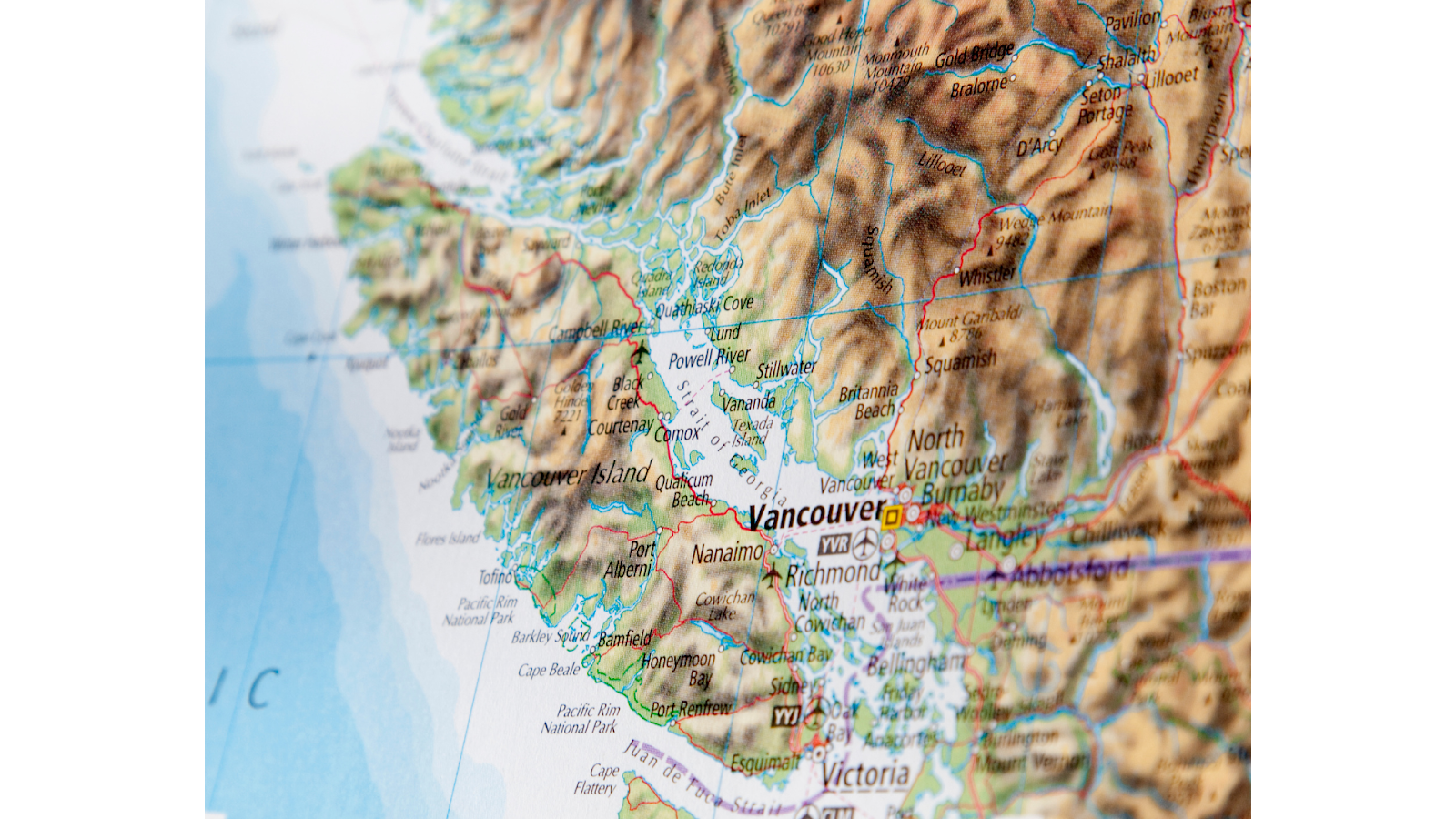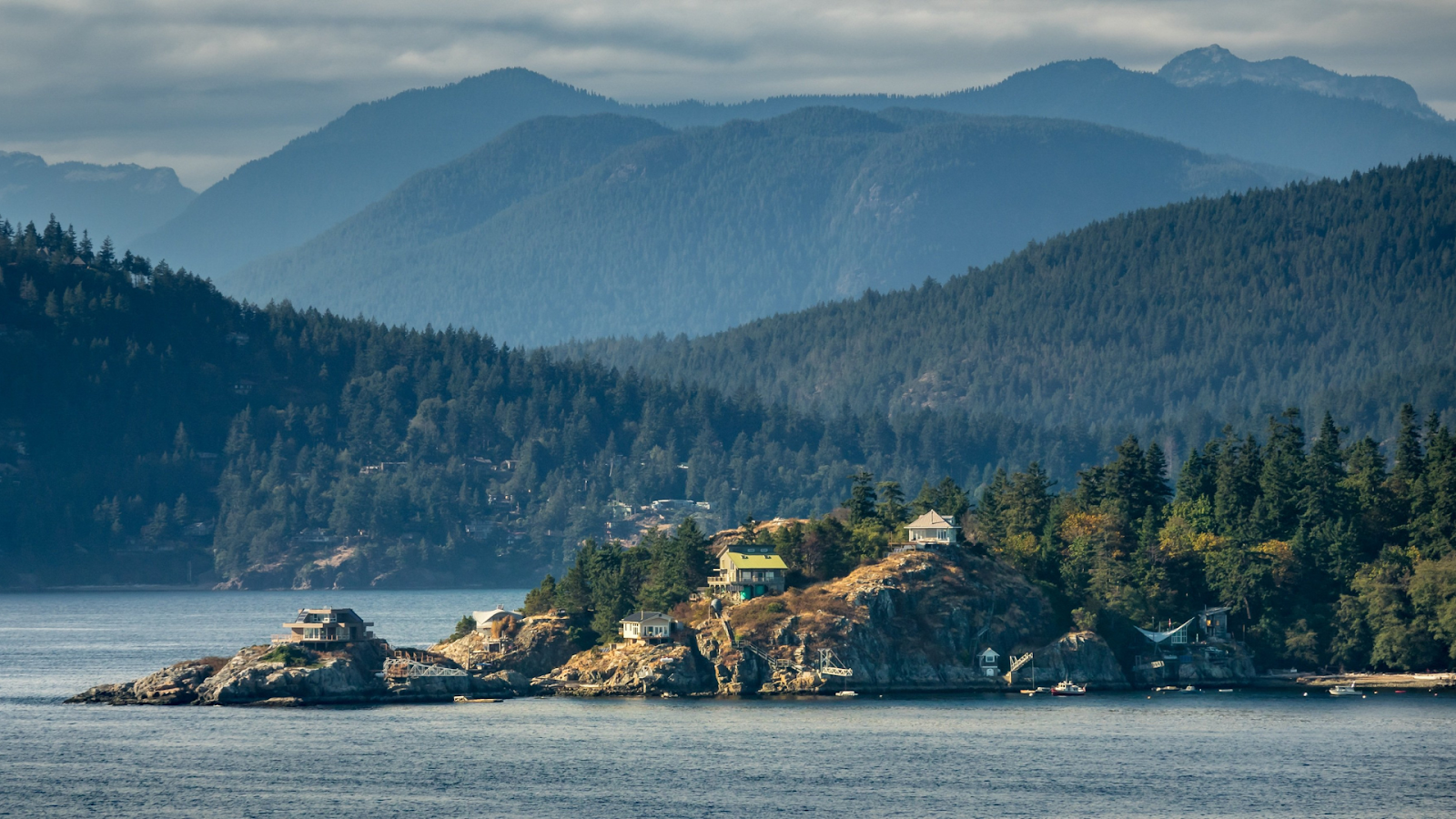Navigating the Tides: Understanding Seasonality in the Vancouver Island Real Estate Market
Written by: Rachael Westgate
Real estate on Vancouver Island moves seasonally – there’s no doubt about that! On the rainy West Coast, buyers and sellers alike are planning their transactions based on peak annual cycles to get the most out of their experience. But what are the best times to buy and sell on the Island? What do you need to consider aside from seasonality when planning a real estate move? Read on to find out.

The Ebb and Flow of Seasons: How Seasonality Shapes Real Estate Trends on Vancouver Island
Here on Vancouver Island, market trends tend to follow a very reliable seasonal rotation, with each season bringing its own unique advantages and challenges to buyers and sellers alike. By examining 10-year trends on the Lower Island, we know where the surges and slow-downs in listings and sales exist.
Spring Peak
Spring on Vancouver Island is by and far the busiest market for real estate. With cherry blossoms blooming, longer spans of daylight, and the slow step out of grey rainy winters, buyers and sellers alike are keen to get out and talk real estate. We see an annual spike in the number of listings in May and June, introducing plenty of inventory to the market as homes begin to show beautifully in the blooming season. This peak in listings results in a subsequent peak in overall sales, with the highest number of sales per year happening in June.
Summer Slow Down
As Islanders turn their mind to summer fun, the number of new listings slowly decline from the end of June through to September, but a balanced level of inventory and sales means that real estate is still moving. Summertime is an incredibly beneficial time to list properties that feature outdoor amenities or are located along the coast, where ocean views can be enjoyed in the months ahead. Families also look to settle into their new spaces over summer break before the children start their next school year.
Autumn Surge
While spring is the standout market peak, Vancouver Island benefits from a secondary surge heading into autumn, as holidays draw to a close, children head back to school, and folks are looking for a cozy place to settle in before the winter arrives. Buyers and sellers can expect the secondary surge to peak in October, where annual data shows a smaller secondary spike in listings and total sales. This new influx of listings is typically the result of sellers looking to offload before the cold season arrives. A unique opportunity exists here for buyers who may be interested in shopping around without the level of competition they would have seen when writing offers in the spring.
Winter Reset
The months of January and February are consistently the slowest months on the Island for the real estate market. Shorter, gloomier days result in poor showing conditions, and post-holiday budgeting tends to keep buyers at bay. Not to mention the burden of moving during colder, wetter conditions, which is enough to encourage an earlier or later relocation. Given the reduced number of listings and the sleepiness of the market, bargain-hunting buyers may be able to find a good deal. Similarly, motivated sellers willing to negotiate can still move a listing if they are under a time crunch. If sellers have the ability to wait a couple of months, they will benefit from holding off until the spring market over listing early.

Climate and Location: Unique Influences on Vancouver Island
Seasonality in real estate varies widely based on location and overall climate. The ebb and flow of market trends on Vancouver Island differs from other areas of Canada and even BC. Consider the following factors that are unique to the Island:
Coastal Charms
Proximity to beaches, parks, and outdoor recreation all help to drive demand in the spring and summer months here on the Island. Potential for premium pricing exists in desirable waterfront properties and homes with ocean views.
Mild Winters
Relatively temperate weather in the winter means the market never grinds to a complete halt. A very limited amount of snow, and few days below zero degrees Celsius encourage year-round activity.
Rainy Season Realities
Lovingly referred to as the “wet coast,” Victoria and surrounding municipalities are subject to the impact of wet and grey weather much of the year, which can put a damper on property viewings and market activity. This is why working with a professional who knows how to market homes effectively during rainy periods is so important. That being said, wetter months prove an ideal opportunity for buyers looking to shop with less competition, and to see how prospective purchases hold up to the weather (i.e. leakage and drain capacity).

Surfing the Market Waves: Strategies for Buyers and Sellers
Whether you’re a buyer, a seller, or an investor, here are a few considerations to remember as you plan to tackle seasonal real estate actions.
Buyer’s Advantage
- Patience can pay off during off-peak seasons with reduced competition.
- Negotiating leverage may increase as sellers seek to close deals before quieter periods.
Seller’s Strategy
- Strategic timing of listings to align with peak demand periods can yield higher prices and more buyer interest.
- Attention to curb appeal and presentation, especially during the vibrant spring and summer seasons, will get more buyers in the door.
Investment Insights
- Understanding seasonal trends can inform decisions on buying rental properties or vacation homes.
- Diversifying your real estate portfolio locations will help balance seasonal fluctuations in rental income.
Are you buying and selling your home at the same time? Check out my tips for managing these two transactions simultaneously.

Beyond the Seasons: Long-Term Considerations
Any buying or selling journey demands consideration of many different factors beyond just the time of listing. A detailed analysis of the local market, along with considerations like economic indicators, personal risk tolerance, community politics, and more, will help you ensure you are getting the most out of your real estate planning to achieve your goals. Having a qualified real estate professional in your corner will help you navigate the nuances of this complex journey.
External Factors
Looking at factors like interest rates, provincial and municipal government policies, personal goals, and global events will provide insights into the market and help you determine your best move. Staying informed through your Realtor® will ensure you can adapt to any evolving conditions.
Sustainable Growth
Looking at the long-term investment potential of Vancouver Island’s real estate market is key when buying or investing in property. Depending on the location and property type, you’ll want to weigh the short-term gains with long-term resilience of the local economy and community development.
Community Dynamics
Understanding the unique character of the many different neighbourhoods and towns across the Island should be a key factor in your decision-making process. Assess the overall importance of community amenities, commute times, upcoming infrastructure and development projects, and local events in shaping your buying and selling choices, as well as the property values over time.

Understanding the seasonality of the Vancouver Island real estate market is like knowing the tides – it’s about timing, strategy, and riding the waves of opportunity. Whether you’re buying, selling, or investing, recognizing the nuances of each season can make all the difference in navigating this dynamic coastal market.
Ready to Make a Move?
If you’re ready to embark on your home sale journey or have any questions about real estate seasons, don’t hesitate to reach out to me. Let’s make your real estate dreams a reality!

